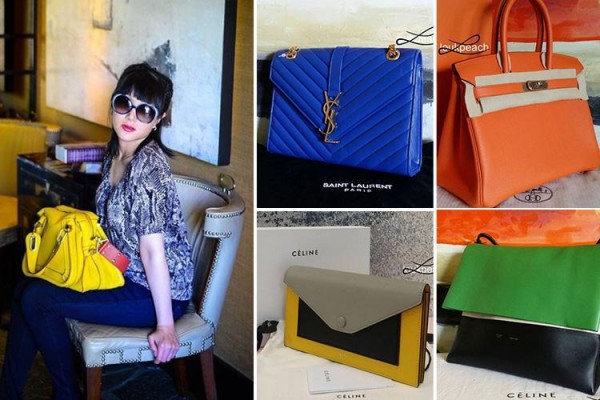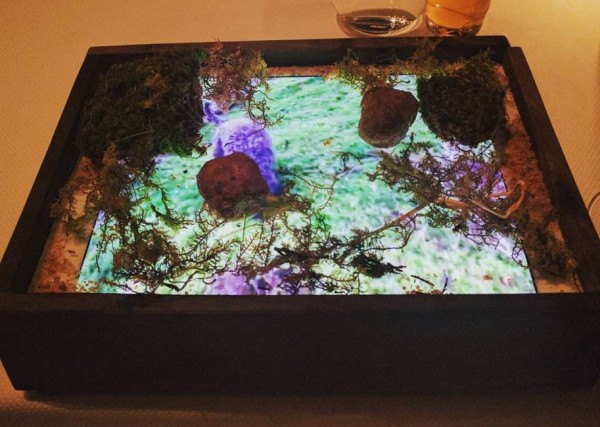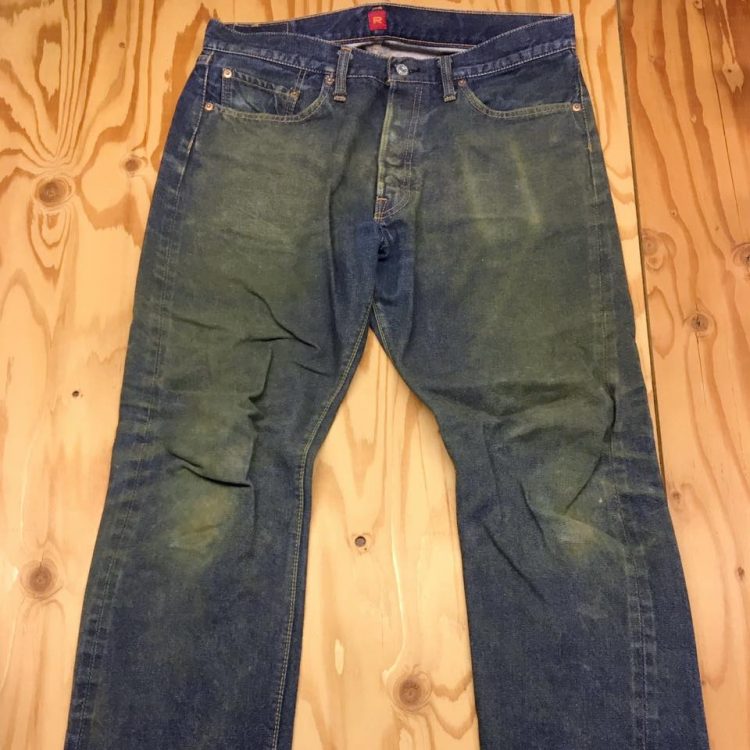A great-grandmother from Brazil has accidentally been praying to a figurine of Elrond, and elf from J.R.R. Tolkien’s Lord of the Rings, after mistaking it for Saint Anthony, the late Portuguese priest and patron saint of lost things.
Gabriela Brandão, a make-up artist from Florianópolis, Brazil, made this hilarious discovery last week, posting a series of photos of the Elrond figurine on Facebook. “My daughter’s great-grandmother prays to this figure of Saint Anthony every day, but looking more closely…,” she wrote. She had noticed that something wasn’t right about the figurine, so she started doing some online research. She managed to find an exact replica on an online store, which listed it as Elrond, an Elven character from The Lord of the Rings fantasy universe. She called it the “funniest discovery of 2016.”




















